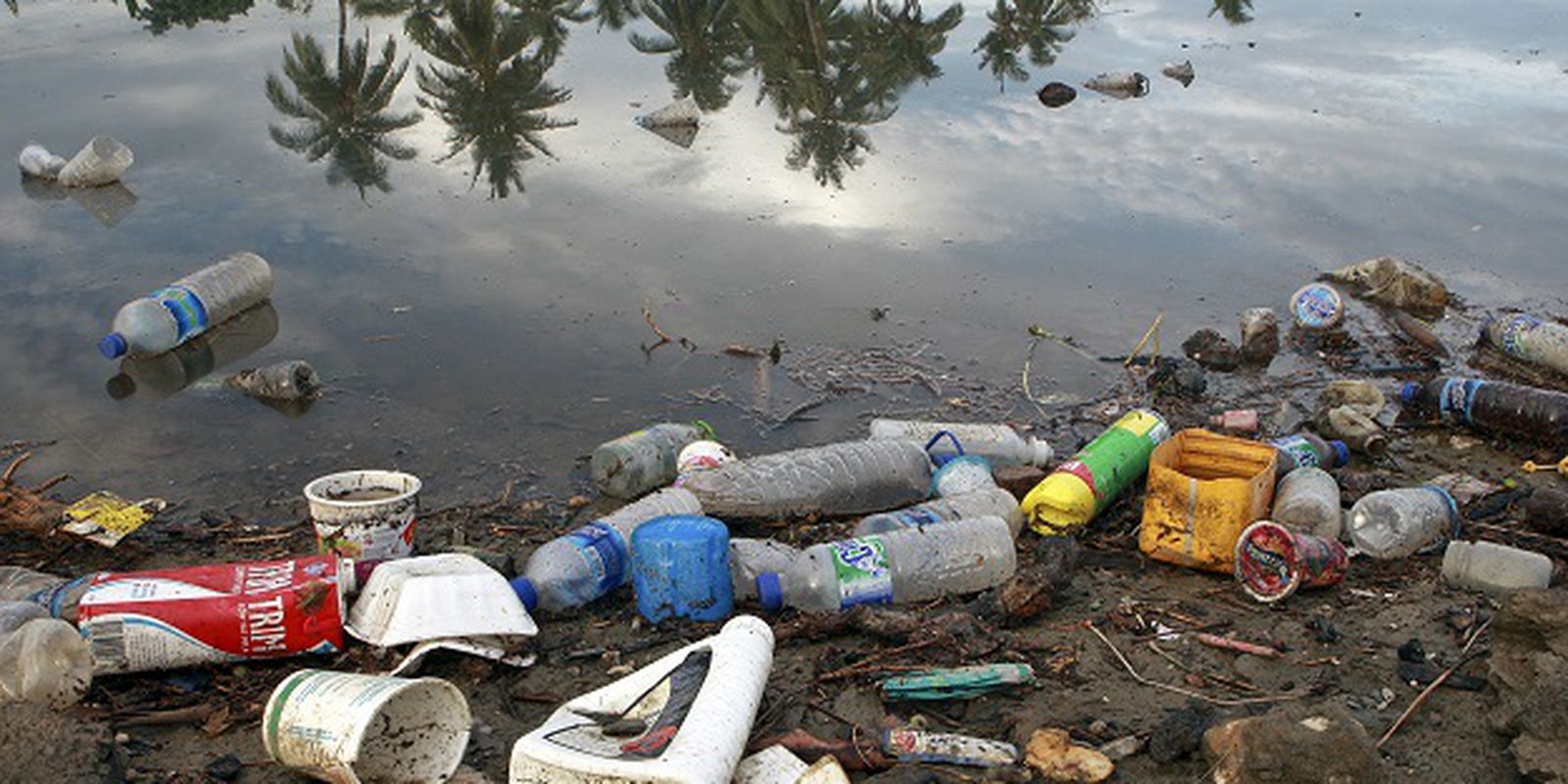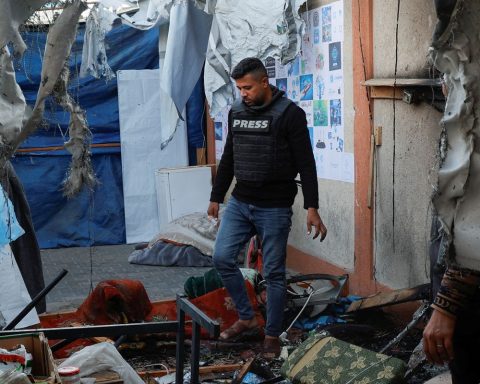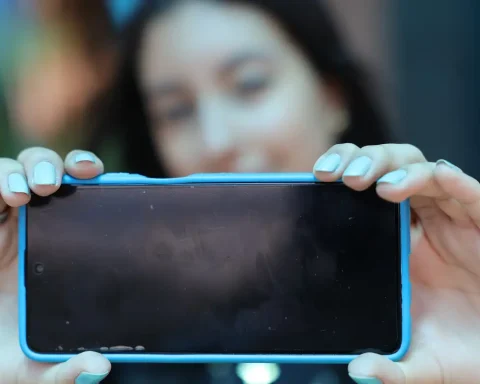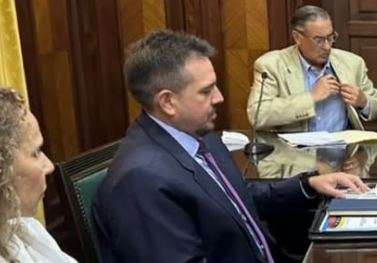A diagnosis made by the Lixo Fora D’Água program, of the Brazilian Association of Public Cleaning and Special Waste Companies (Abrelpe), showed that plastic waste corresponds to 48.5% of the materials that leak into the sea. According to the survey, the 15 items most found in the analyzes represent 80.3% of the waste that ends up on the Brazilian coast. 
After plastic, cigarette butts (or butts) and styrofoam appear in second and third places among the most found items. The other 19.7% cover items such as clothing and fishing gear, among others. All are part of a sample that totals 16,733 items taken from the sand, beach and mangroves.
The survey is part of work carried out by Abrelpe since 2018 in 11 coastal cities where 14 million people live. The program started monitoring, preventing and combating garbage in the sea and in other water bodies in the city of Santos (SP) and currently covers the municipalities of Balneário Camboriú (SC), Bertioga (SP), Fortaleza (CE), Ipojuca (PE), Rio de Janeiro (RJ), São Luís (MA), Manaus (AM), Serra (ES) and municipalities in Ilha Grande Bay, in Rio de Janeiro.
Methodology
The methodology developed within the scope of the Lixo Fora D’Água project is also present in the Caribbean, being applied in cities in Costa Rica, Colombia and the Dominican Republic.
“About 22 million tonnes of plastics leak into the environment each year around the world, and around five to 12 million tonnes of plastic waste ends up in the oceans. About 80% of this total comes from human activities developed on the continent, either on the coast or in regions where rivers flow into marine environments, as a result of failures that occur in urban cleaning and waste management systems in urban areas of cities. ”, said the CEO of Abrelpe, Carlos Silva Filho.
According to the entity’s estimates, more than two million tons of urban solid waste end up in rivers and seas every year in Brazil.
“It is noteworthy, however, that this total may be even greater since the 30 million tons of garbage that go to inadequate destination, that is, dumps and controlled landfills, which still exist throughout the country, can lead to an increase in three million tons of garbage in the sea every year”, stated Abrelpe.
He added that the program also aims to identify the main sources of waste and study how cities can improve solid waste management on land to prevent marine pollution.
garbage leak
According to one of the reports, the three main sources of garbage leakage into the sea are the communities in areas of irregular occupation, close to water courses, the drainage channels that cross the urban fabric and the beachfront itself in its strip of water. sand.
“The results of the Lixo Fora D’água program allow us to affirm that the best solution to the problem of garbage in the sea lies precisely in the improvement of urban cleaning systems and infrastructure in cities, which must take place together with permanent environmental education programs implemented in all cities. the layers of the population”, explained the president of Abrelpe.













